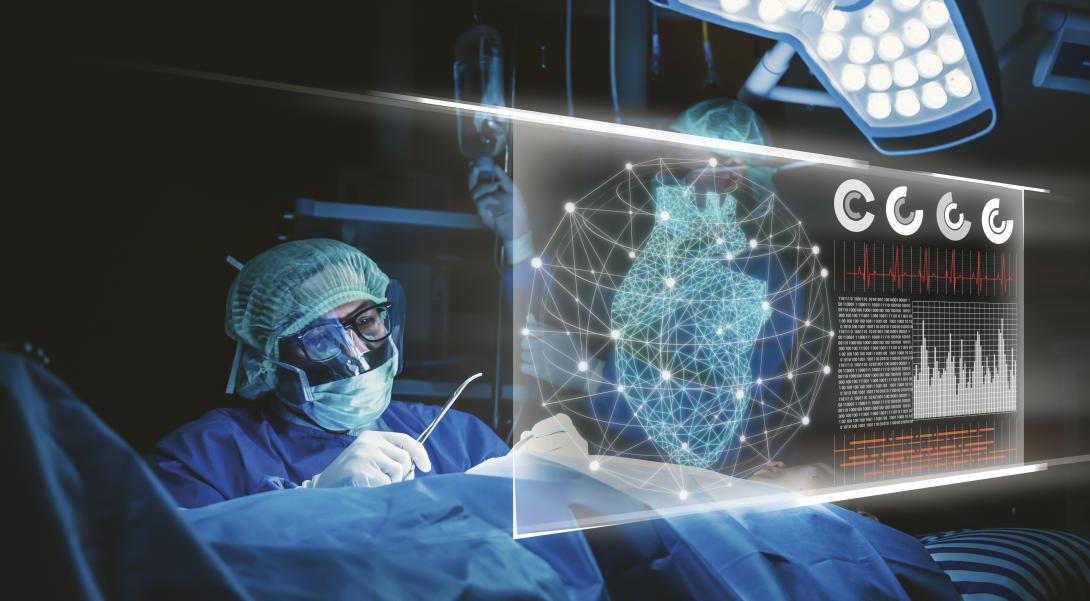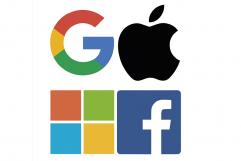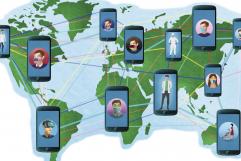
‘Tech’ Medicine
The emergence of new technologies, streamlined by the Covid crisis will radically change medicine of the future to make it more preventive and personalised.
Smart watches already measure steps and heart rate. Soon, shirts will be able to control our body temperature and will send the data directly to the doctor. For many years now the new technologies have been making their way into the world of medicine to make it more preventive, predictive and personalised. In addition, “the global SARS-CoV-2 crisis has put an unprecedented pressure on the health system and has shown the need to strengthen the innovation system in this sector,” according to the latest report by Biocat, the organism that coordinates and promotes the life and health sciences sector in Catalonia, which makes up over 7.3% of the GDP.
The Digital Health Tech Vision report by the consulting company Accenture indicates some future trends and warns of the “imperative need” for healthcare organisations to adopt technologies that lay down the digital conditions for the future. For the consulting company, the next generation of emerging technologies, called DARQ, Distributed Ledger Technology (DLT), Artificial Intelligence (AI), Extended Reality (XR) and Quantum Computing, “Could provide a radical change that allows companies to redesign entire industries.” Additionally, combined, they will have “a tremendous impact” on health. Of all these technologies, 41% of the executives from the healthcare companies consulted named artificial intelligence (AI) as the one that will have the greatest impact on their organisation.
For Doctor Juanjo Beunza, director of the Interprofessional Education and Collaborative Practice Programme at the Universidad Europea and an expert in Artificial Intelligence and the Internet of Things (IoT), the medicine that we know today will have nothing to do with the medicine used in 2050: “I think that the changes are going to be huge. And it is difficult to imagine what this will be like in 30 years’ time. We can’t keep thinking that the technical tools available today are static. They are evolving at an incredible speed.” For this expert in medicine of the future, “the care will stop being centred on the specialised consulting rooms or in hospitalisation and it will move to be on the patient.” Additionally, “the work teams will not be determined by physical location, but rather by the patient’s preferences. Healthcare will be omnipresent,” he affirms.
Tools for the medicine of the future
Big Data. It is estimated that in 2020 the volume of health data in the world could fill 500 billion 4-drawer filing cabinets. Big Data allows the management and analysis of mass data to move forward in a preventive, personalised medicine.
Wearables. They are electronic devices that collect and send data and that we carry around with us, whether they are smart watches, mobile phones or clothing. Between January and June 2020 almost 42 million smart watches were distributed around the world.
Artificial Intelligence. Formed by trained logical algorithms, this technology has applications for clinical diagnosis, treatment planning or patient monitoring. Combined with robotics, smart machines can be created. Researchers from the Massachusetts Institute of Technology (MIT) already use artificial intelligence to improve early detection of breast cancer.



